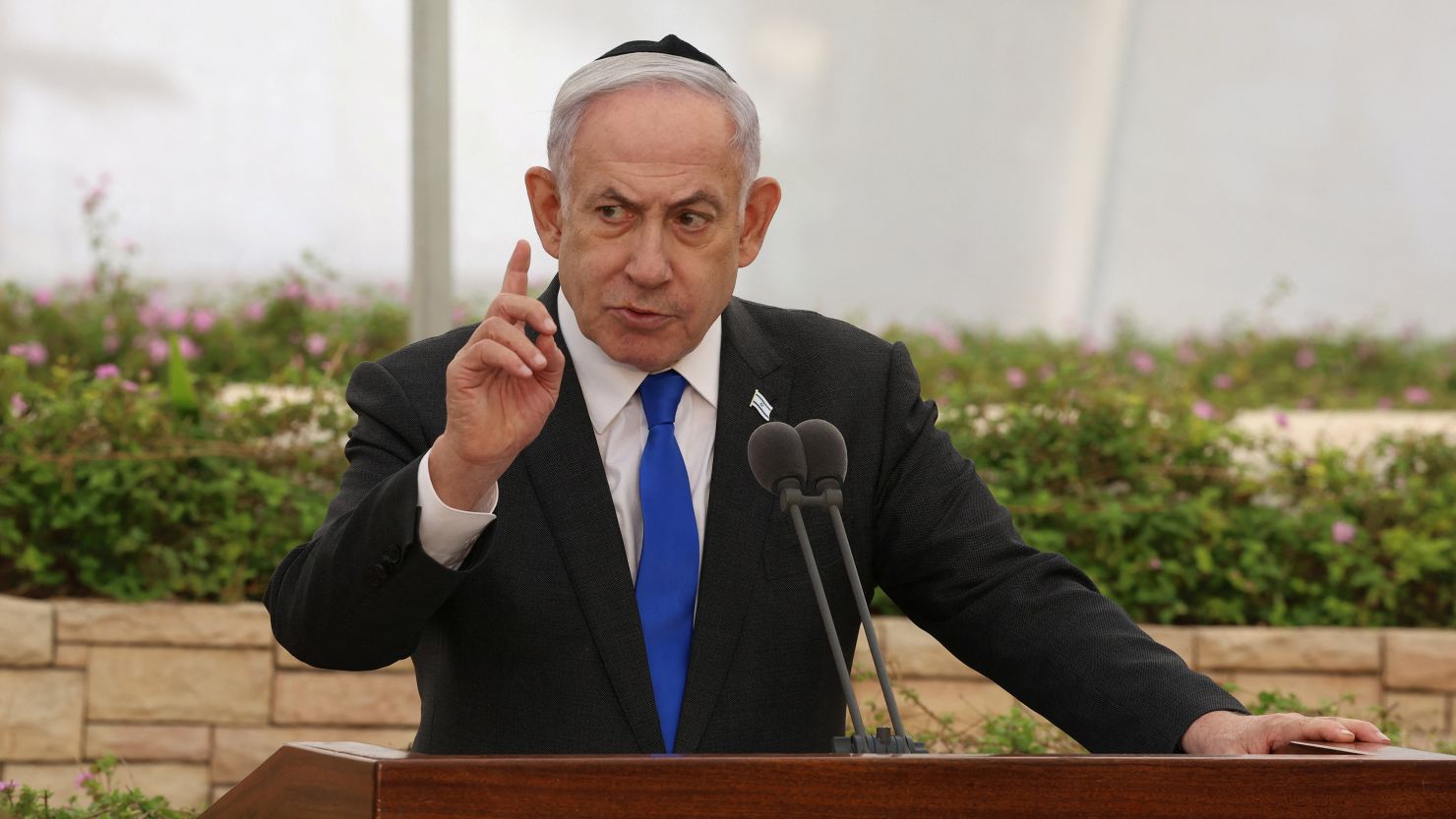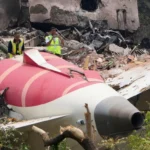A ceasefire agreement to end 13 months of fighting between Israel and the Lebanese militant group Hezbollah has now been implemented. Supported by both the U.S. and France, the deal aims to end hostilities in Lebanon and protect Israel from threats posed by Hezbollah and other militant organizations operating within Lebanese borders.
Main Provisions of the Ceasefire Agreement
The ceasefire, which is intended to be permanent, includes a 13-point accord between Israel and Lebanon’s governments, excluding Hezbollah. It aims to halt military activity along Lebanon’s southern border.
U.S. President Joe Biden confirmed on Tuesday that the ceasefire was “designed to be a permanent cessation of hostilities.” The agreement calls for Hezbollah to remove its fighters from southern Lebanon and for Israel to refrain from carrying out military strikes against Lebanese targets.
Hezbollah’s Withdrawal and Israeli Military Movements
As part of the agreement, Hezbollah must pull its fighters and heavy weapons out of southern Lebanon within 60 days. In parallel, Israeli forces will withdraw from the region, while the Lebanese army deploys 10,000 troops to maintain security.
The agreement also mandates that the Lebanese army dismantle military infrastructure, confiscate unauthorized weapons, and prevent arms from entering the region. This measure is aimed at preventing Hezbollah from rebuilding its military infrastructure in the area. The Lebanese army is responsible for enforcing the ceasefire in the Southern Litani Area, but concerns persist regarding its ability to carry out this mission due to a lack of resources. The U.S. and France have pledged to assist Lebanon by providing support to bolster its army’s capabilities and ensure the ceasefire’s success. Though the Lebanese army is key to upholding the peace, questions remain about its readiness to confront Hezbollah if needed, particularly given the sectarian divisions within Lebanon.
U.S. and France to Oversee Ceasefire Implementation
The U.S. and France will join the existing Tripartite Mechanism, which includes Unifil, the Israeli military, and the Lebanese army, to monitor and enforce the ceasefire. The U.S. will chair the enhanced monitoring process, ensuring both parties comply with the agreement.
While the U.S. and France will oversee the ceasefire, they have emphasized that no U.S. combat troops will be deployed in the area. Both Israel and Lebanon will report any violations to the monitoring mechanism in real time.
Israel’s Self-Defense Rights
Despite the ceasefire, Israel retains the right to respond to violations. Israeli Prime Minister Netanyahu asserted, “If Hezbollah violates the agreement and tries to arm itself, we will attack. If it tries to rebuild terrorist infrastructure near the border, we will attack. If it launches a rocket, if it digs a tunnel, if it brings in a truck carrying rockets, we will attack.”
President Biden supported this stance, adding, “If Hezbollah or anyone else breaks the deal and poses a direct threat to Israel, then Israel retains the right to self-defense consistent with international law.”
Meanwhile, Lebanese officials have stated they will not tolerate any violations of Lebanon’s sovereignty, which could lead to tensions over the ceasefire’s enforcement.
What Do Analysts Say?
Although the ceasefire offers a welcome pause in the fighting, many experts warn that it does not provide a permanent solution to the wider Middle East conflict. With displaced Lebanese citizens beginning to return to their homes, the fragile truce is holding for now. However, the real challenge will be whether both sides can maintain peace and whether Lebanon’s government can reassert control over its territory.






